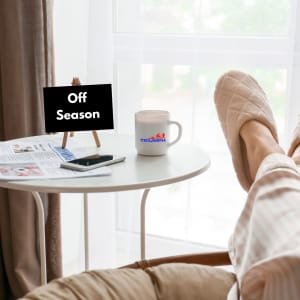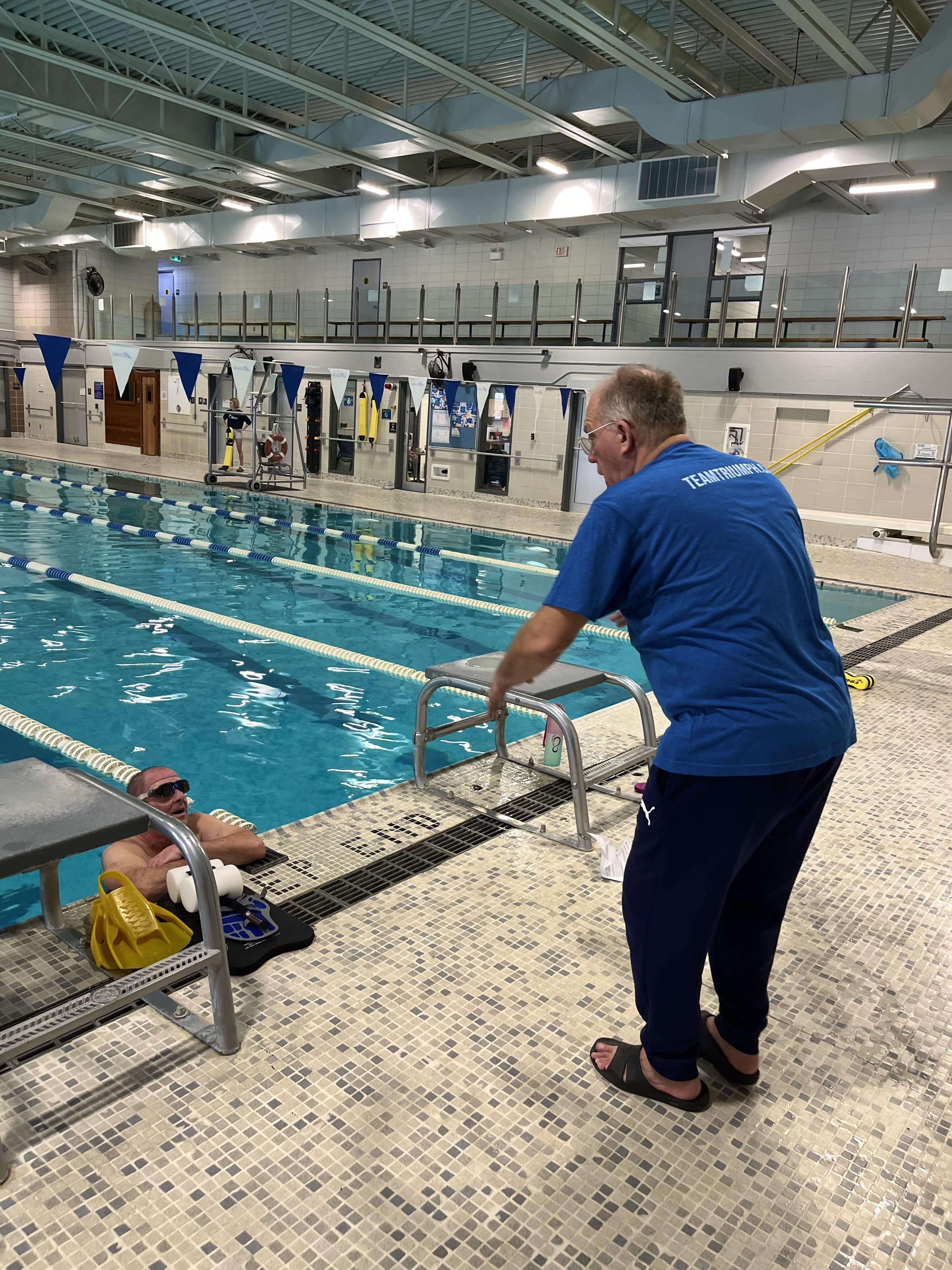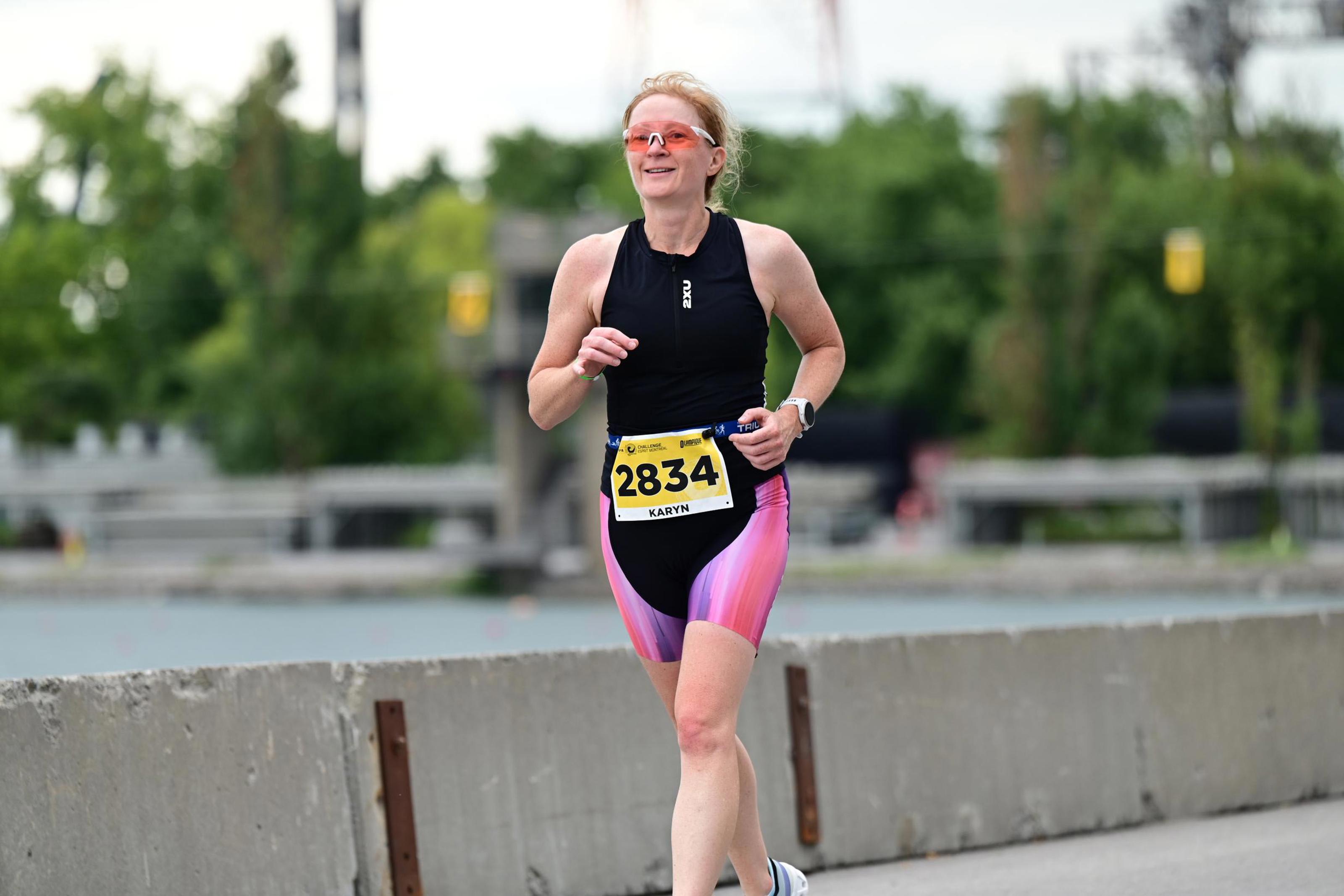
As the race season winds down and the days grow shorter, triathletes enter what’s known as the off-season—a crucial time in any athlete’s year. But rather than viewing the off-season as a time to press pause completely, it should be seen as a unique opportunity to recover, improve, and set the stage for future success. In this blog, we’ll explore the key areas triathletes should focus on during the off-season to ensure they come back stronger and more prepared for the next race season.
The first and most important task for any triathlete during the off-season is recovery. After a demanding race season filled with intense training and competitions, your body needs time to rest and regenerate. Recovery isn’t just about taking time off; it’s an active process that can include:
Short, unstructured workouts: Engage in low-intensity activities like light swimming, casual cycling, or easy runs.
Active recovery methods: Yoga, stretching, and foam rolling can all aid in muscle recovery and prevent stiffness.
Sleep: Make sure you're prioritizing good-quality sleep to allow your body to heal and recharge.
By focusing on recovery early in the off-season, you’ll avoid burnout and set the foundation for future gains.
The off-season is the perfect time to hit the gym and focus on strength training, an essential but often overlooked aspect of triathlon. Strength training improves overall endurance, power, and injury resistance. Here’s how to approach it:
Core stability: A strong core supports your performance in all three disciplines. Exercises like planks, dead bugs, and Russian twists should be part of your routine.
Functional strength: Focus on movements that mimic triathlon activities, such as lunges, squats, and single-leg deadlifts, to strengthen the muscles used in swimming, cycling, and running.
Addressing imbalances: The off-season is a great time to identify and work on any muscle imbalances that may have developed over the season, which can help reduce the risk of injuries.
Strength training sessions 2-3 times per week can pay dividends during the next race season.
When was the last time you focused on refining your technique rather than just completing your workouts? The off-season offers the space to work on your form in all three triathlon disciplines without the pressure of an upcoming race.
Swim technique: As swimming is the most technical of the triathlon disciplines, focus on improving your form through swim drills, stroke analysis, and coach feedback. Consider joining group swim practices for structure and guidance.
Bike handling skills: The off-season is a great time to practice bike handling skills, including cornering, turning, and braking. You can even try indoor cycling to work on pedaling efficiency.
Running form: Pay attention to your posture, cadence, and foot strike during your runs. Some runners even use this time to work with a coach or analyze their gait to make improvements.
Better technique leads to more efficient movement and less energy wasted on race day.
Training and competing in triathlon can be mentally exhausting. The off-season is the time to step back, reflect, and reset. Take a moment to evaluate your race season:
What went well?
Where can you improve?
What are your goals for next year?
Giving yourself a mental break from the rigors of competition allows you to return more focused and motivated. Use this time to rekindle your love for the sport without the pressure of constant performance.
The off-season is a time of reflection and planning for the future. Whether you had a successful season or experienced setbacks, setting goals for the upcoming year is essential for long-term progress. Consider the following:
Race selection: What races excite you for next year? Map out your race calendar to help structure your training.
Target areas for improvement: Use this time to work on areas where you feel weakest, whether it's improving your swim time, bike endurance, or run pacing.
Personal goals: Perhaps you're aiming for a personal best in a certain discipline, or maybe you want to move up to a longer race distance. Define your goals now so you can train with purpose once the season begins.
While the off-season is a time for recovery, it’s also important to maintain a basic level of aerobic fitness. Light, low-intensity cardio will help keep your heart and lungs in shape without overloading your body. Here are a few ways to stay active:
Cross-training: Try other sports like hiking, skiing, or even team sports. These activities provide a mental break while keeping your body moving.
Indoor training: As the weather cools, consider indoor cycling on a trainer or swimming in an indoor pool to maintain fitness in a controlled environment.
Zone 2 training: Focus on easy, low-intensity workouts in heart rate zone 2 to build endurance without taxing your body too much.
Maintaining aerobic fitness ensures that when it's time to ramp up training again, you won’t feel like you're starting from scratch.
The off-season can be a good time to reassess your nutrition and body composition. Without the demands of race training, it's easier to focus on long-term health goals like building muscle or improving your diet. Aim to:
Focus on whole foods: Nourish your body with balanced meals that include plenty of vegetables, lean proteins, and healthy fats.
Avoid drastic weight gain: While it’s normal to put on a few pounds in the off-season, keep your weight within a manageable range to avoid making next season’s training more difficult.
Consider working with a sports nutritionist to fine-tune your diet for the upcoming season.
The off-season is an essential part of the triathlon training cycle. It’s a time to recover, reflect, and rebuild in a way that sets you up for success in the coming year. By focusing on recovery, strength, technique, mental health, and goal setting, you’ll come out of the off-season stronger, more focused, and ready to take on the next race season.
Make the most of this period, and you’ll see the benefits when it’s time to step back onto the starting line!
Julia Aimers
CSEP Clinical Exercise Physiologist
CSEP High-Performance Specialist
Certified Triathlon, Cycling, Yoga and Swimming Coach
USA Cycling Level 2 Coach
Training Peaks Accredited Coach

I would highly recommended Eric and Team Triumph!
Ian Ross

A year ago I could only tread water and had not run since childhood. With the amazing Virtual Olympic course, support, guidance, and tips from of all the folks at Team Triumph I've ended the season with my first Olympic distance triathlon under my belt and am hooked! Really looking forward to the 2025 season and even to the hard work over the winter to prepare. Karen Houle

I wanted to let you know that the Perth triathlon was a great experience, I somehow placed third in my age group! What a supportive group of participants (including Team Triumph athletes), cheering bystanders and volunteers.
Thanks to your swim lessons, I learned the technical basics and gained confidence to get back in the pool after decades. And it was really special doing this with Ann Laidlaw, my bestie for many years. We did a couple of additional swims with Kevin and Team Triumph people, also a great way to continue learning and practicing good technical form.
I will continue with lane swimming and who knows, maybe there's another triathlon in my future!